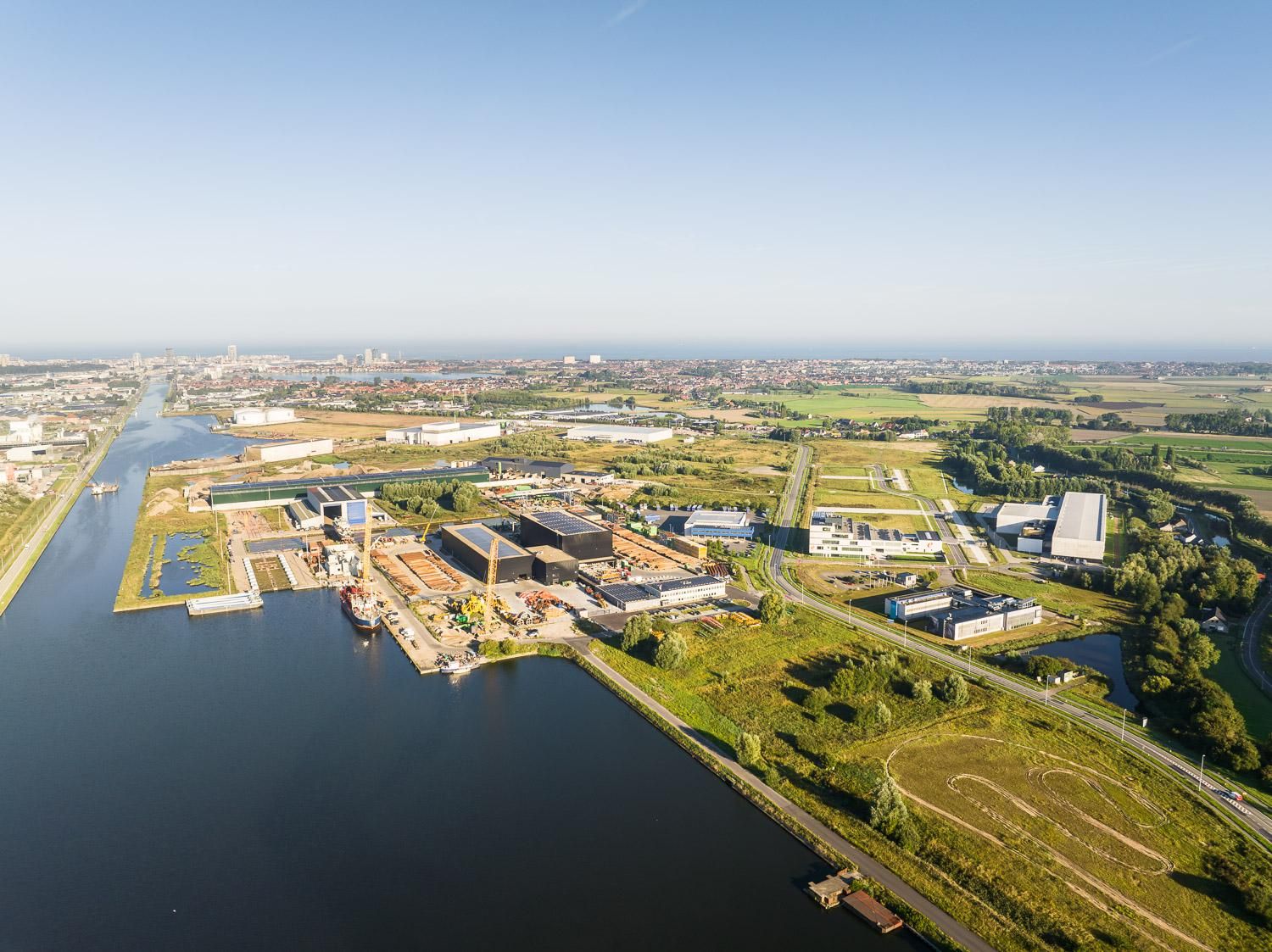The seafood sector is supporting new proposals for an onshore salmon farm on abandoned railway sidings at Grimsby ports in Lincolnshire, claiming the project will reduce emissions, generate jobs, and help meet the nation's enormous need for fish.
The fish would develop to a weight of four or five kilogrammes, making this the first large-scale onshore salmon farm in the UK. The promoter of the initiative claims that the closed system will shield open-net salmon farms from disease and sea lice incursions.
However, the project is currently at the focus of a legal dispute between proponents of animal rights who argue it is a "new form of factory farming" and the North East Lincolnshire council, which approved the proposal in November of last year. Approximately 5,000 tonnes of fish are expected to be produced annually from the project, for which the animal welfare organisation Animal Equality UK has successfully requested authorisation for a court review.Abigail Penny, the charity’s executive director, said: “To accommodate the extremely tight profit margins for a project of this nature, the fish must be crammed into crowded tanks and kept in artificial environments throughout their entire lives. Many similar farms have suffered mass mortality events, with thousands of fish dying due to failing equipment.”
Councillors who approved the scheme last year were told that concerns about fish welfare should be noted, but “are not considered to be material land use planning considerations”.
Animal Equality UK was granted permission for judicial review on 5 September after it argued animal welfare could be considered during the planning process and the councillors were misdirected by officials.
UK consumers spend more than £1.2bn a year on salmon in supermarkets and large retailers, making it the nation’s most popular fish. Farmed salmon is one of the UK’s biggest exports, but the operators of open-net salmon farms have been accused of having a “catastrophic impact” on fish welfare and the environment.
Charities and conservation groups in January called for organic certification to be removed from open-net salmon and trout farms, because of the “negative environmental impacts”.
The Scottish salmon industry says its farmers meet the highest international standards and are committed to protecting the marine environment.
The Centre for Environment, Fisheries and Aquaculture Science, a government agency, has highlighted the potential role of indoor tank systems, known as recirculating aquaculture systems.
It says these “closed-loop systems” minimise the risks associated with conventional fish farming such as pollution, parasites and escapees. An English aquaculture strategy published in November 2020 said there was growing investor interest in the land-based production of Atlantic salmon close to large English cities.
The proposed new £120m farm on the eastern outskirts of Grimsby docks is backed by the company AquaCultured Seafood. The business says the facility would “optimise” fish welfare and prevent disease or sea lice from entering the system. The scheme is supported by the Seafood Grimsby and Humber Alliance as a “stepping stone’ to UK food security.
A submission to the planning committee by Mark Borthwick, a doctoral fellow in salmon farming, warned the farm would require high stocking densities. He said salmon ranged widely with a strong migration drive and it was unknown how they would cope in the cramped conditions of an onshore farm.
His submission stated: “The industry’s hope is that by doing the whole operation under factory conditions, they can control disease. However, as has been abundantly established in other farming environments, there is no truly biosecure factory farm and other diseases will emerge.”
In the legal battle against the council, Animal Equality UK is represented by Advocates for Animals, whose solicitor Edie Bowles remarked, "I am delighted with the [judicial review] application being granted permission." Hopefully, it will serve as a reminder to other planning authorities that the proper procedure must be followed.The main issue in this case is the need to properly examine planning decisions that carry significant hazards, including those pertaining to animal welfare.








.svg)


